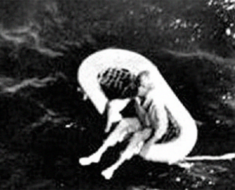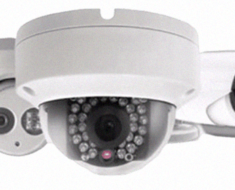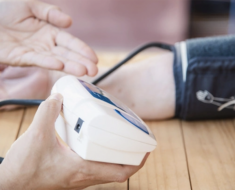
Lying is never cool and often times causes more harm than if the truth was to simply come out and be told initially.
Detecting deception using verbal cues can be a difficult task, but with the right knowledge of what to listen for, you can find out whether or not a person is lying to you quite easily.
The following five statements should raise your red flag of deception and are brought to you by the wonderful folks at | psychologytoday.com
1. “That’s about it.”
The word “about” is a word qualifier, which indicates the speaker has more to say but does not want to elaborate. If the speaker told the entire story, his or her response would be, “That’s it.” The word “about” signals that the response falls short of the entire story. Truthful people relate all the facts without fear of legal or social consequences. A deceptive person does not tell the complete story because there’s something they don’t want to disclose.
2. “You can’t prove that.” 🙂
The word “prove” suggests that evidence exists to verify the supposition or accusation posited, but the speaker failed to discover the hidden proof. Honest people do not think in terms of proof: They know that no evidence exists because they did not do what the speaker accused. Deceptive people know proof of their deception exists but the speaker has not yet discovered sufficient evidence to support the accusation.
3. “Why would I do that?”
Answering a question with a question is a huge red flag indicating the possibility of deception. Honest people make direct denials. They typically respond, “I didn’t do that.” Deceptive people are evasive, and when they are caught off guard, they need extra time to think of a believable response. A response like, “Why would I do that?” buys the deceptive person precious time to formulate such a response.
4. “Are you accusing me?”
In addition to answering a question with a question, the accused may subtly try to turn the tables on his or her accuser, putting the questioner on the defensive. The unspoken words of the accused are, “How dare you accuse me? Prepare to defend yourself.” This subtle counterattack prompts the accuser to justify his or her accusations. In doing so, the accused buys time to press a counterattack or prepare a believable story. The simple answer to this question: “Yes, I am accusing you, or I would not have brought the topic up in the first place.” This response parries the counterattack and puts the accused back on the defensive.
5. “I don’t remember doing that.”
Deceptive people often claim lack of memory as a way to cover the truth. This defense sets two traps for dissemblers:
First, in order to not remember what you did, you must first have an extant memory of the event. By definition, to not remember something you must have initially stored the information in your memory. The lack of memory indicates that the memory is stored in the brain but that the person cannot retrieve it. Truthful people typically respond, “I don’t know.” Lack of memory suggests the person cannot retrieve a memory and, therefore, does not know what happened. Honest people strive to do anything they can to retrieve the memory of an event. Deceptive people do not want to reveal remembered information for fear of revealing the truth.
One of the best tell tale signs that someone is lying to you…is your gut feeling. Our guts don’t typically lie and if you know deep down that you are being lied to, you more than likely are. Go with your gut and pay attention to the verbal cues above and you should have your answer of whether or not someone is telling you the truth or not!
Be cool. Don’t lie. It’s mean and hurtful.









































